Israel says it has begun ‘limited, localised’ southern Lebanon operation
Military officials said they were carrying out ‘targeted ground raids’ in villages close to the Israeli border.

The Israeli military began what it called a “limited, localised” operation against Hezbollah targets in southern Lebanon on Tuesday, carrying out “targeted ground raids” in villages close to the Israeli border.
The targets, it said, posed an “immediate threat to Israeli communities in northern Israel”.
Israeli prime minister Benjamin Netanyahu issued a warning on Monday to Iran, which backs Hezbollah and Hamas.
Hezbollah’s acting leader, Naim Kassem, promised the group would fight on following the death on Friday of its long-time chief Hassan Nasrallah.
Israel has also assassinated several of the group’s top commanders in recent days.
Mr Kassem said the group’s fighters were ready and the commanders who had been killed had already been replaced.
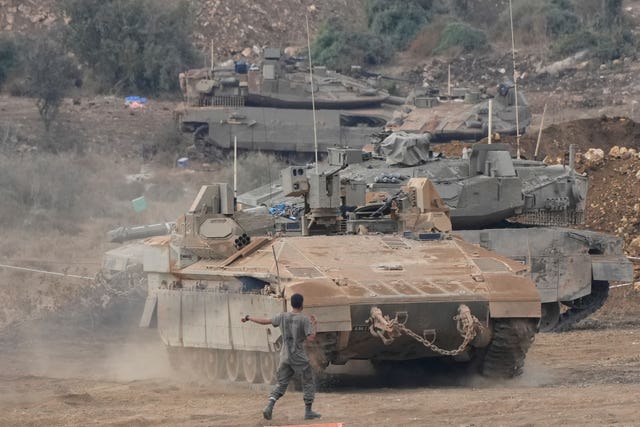
It has been almost a year since some 250 people were abducted from Israel, and friends and family are worried about their loved ones as attention turns away from hostages and north towards Lebanon.
The scope of Tuesday’s incursion was unclear and there were no immediate reports of clashes between Israeli troops and Hezbollah fighters.
In a video statement released on Tuesday, Rear Admiral Daniel Hagari, a military spokesperson, said troops were operating against Hezbollah to ensure that Israeli citizens could return to their homes in the north.
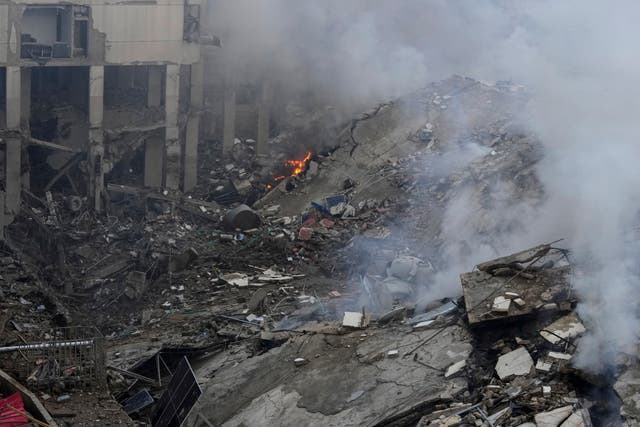
Israel has launched retaliatory airstrikes and the escalating conflict has driven tens of thousands of people from their homes on both sides.
Rear Admiral Hagari said a UN Security Council resolution that ended the last Israel-Hezbollah war in 2006 had not been enforced and that southern Lebanon was “swarming with Hezbollah terrorists and weapons”.
That resolution called for Hezbollah to withdraw from the area between the border and the Litani River, some 18 miles (30km) to the north, and for the Lebanese army and UN peacekeepers to patrol the region.
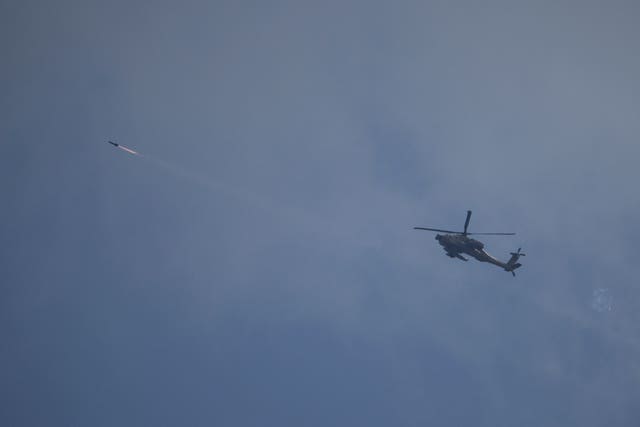
Meanwhile, the United Nations and the Lebanese government have launched a 426 million US dollars (£319 million) flash appeal for urgent humanitarian aid for civilians caught up in the ongoing conflict.
The appeal was launched in Beirut on Tuesday by caretaker prime minister Najib Mikati and UN humanitarian co-ordinator for Lebanon Imran Riza.
Mr Mikati said that Lebanon was going through “one of the most dangerous moments in its history”.
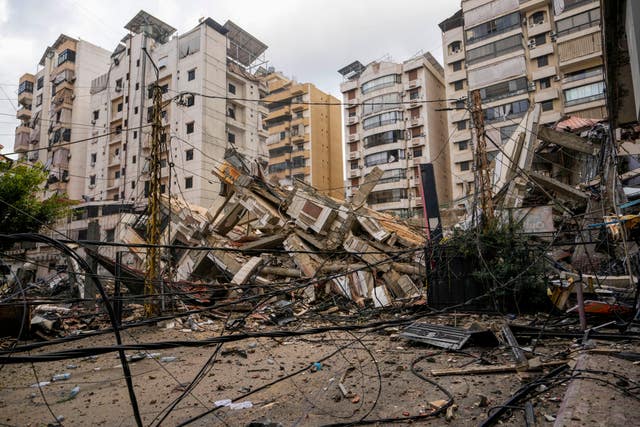
The flash appeal seeks to assist the displaced by addressing urgent needs in areas such as food, basic assistance, shelter, healthcare, water and municipal services, the UN said.
“Without sufficient resources, humanitarians risk leaving the population of an entire country without the support they urgently require,” Mr Riza warned.
Meanwhile, Lebanon’s state news agency said an Israeli airstrike on a Palestinian refugee camp in south Lebanon had killed six people, including the son of a Palestinian official.
National News Agency (NNA) said the airstrike on Tuesday on Ein el-Hilweh refugee camp in Sidon, the largest of Lebanon’s 12 refugee camps, targeted the home of General Munir Makdah of Palestinian president Mahmoud Abbas’s Fatah group.
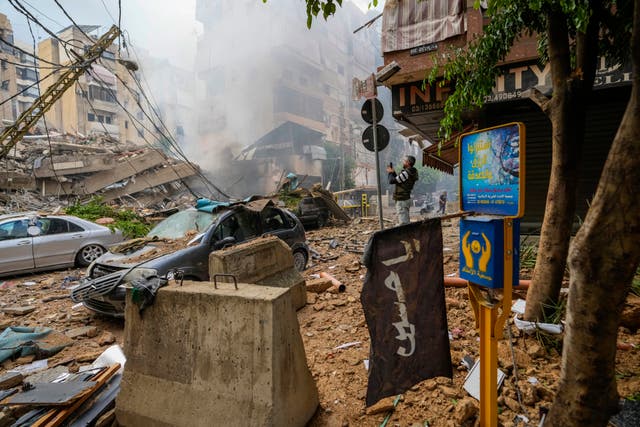
Elsewhere, the White House National Security Council (NSC) said Israel’s “limited operations” to destroy Hezbollah infrastructure across the border were in line with the country’s right to defend itself.
But the NSC warned that the an expansion of that operation was a risk. It added that a diplomatic solution was the only way to achieve lasting stability along Israel’s border with Lebanon.





